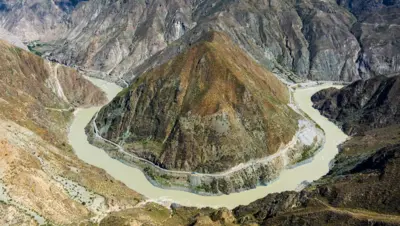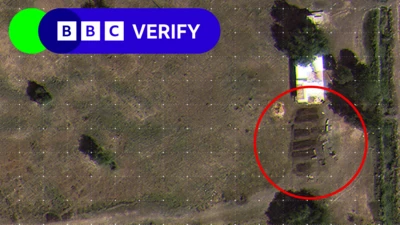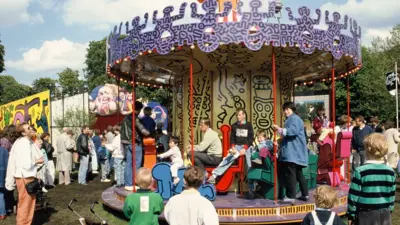We've updated our Privacy and Cookies Policy
We've made some important changes to our Privacy and Cookies Policy and we want you to know what this means for you and your data.
Coronavirus: London transport 'may run out of money by end of month'
Image source, AFP
London's transport authority could run out of money to pay staff by the end of the month unless the government steps in, Sadiq Khan has warned.
Income from fares has plummeted during the lockdown and Transport for London (TfL) has been using cash reserves to keep running, the mayor said.
He told BBC Radio London that without government support, services could be cut "because we can't pay people".
The Department for Transport (DfT) said it was working closely with the sector.
Image source, AFP
Fares earned TfL £4.9bn in 2019-20, making up 47% of the transport authority's income.
However, the lockdown has led to a 95% cut in people using the Tube compared to this time last year after people were told only to make essential journeys.
The number of bus passengers has also dropped, by 85%, and customers no longer have to tap-in to pay for rides as part of measures to protect drivers.
Recent figures show it is costing £600m a month to run London's entire London transport network and Mr Khan said TfL was "struggling" as the fall in fares had meant "we're eating into our reserves".
When asked how long that was sustainable for, London's mayor said "probably [until the] end of this month".
"What we can't afford to do is have to make a decision to cut more services because we can't pay people," he said.
Analysis
BBC London transport correspondent Tom Edwards
London transport faces a massive challenge unlike anything it has encountered before.
Transport for London (TfL) as an organisation was already making cuts to balance its books but it is now wrestling with the evaporation of its biggest revenue generator - fares.
Not only is it grappling with reduced income but it still has to run services.
The nightmare scenario for TfL, as well as other transport operators, is that passengers do not return to mass transit after the lockdown is over.
Cities could then face huge upheavals in travel.
Read more from Tom here.
Mr Khan added that TfL was having "conversations with the government in relation to supporting us through a grant".
"To be fair they get the point because they have the same issue around the country," he said.
A TfL spokesperson said the mayor had been referring "to reaching our prudent 'minimum cash balances' by the end of the month, which by then will still be £1.2bn" when he suggested the organisation would run out of money at the end of April.
"This is sufficient for us to keep operating the city's core transport and paying our staff while we are in constructive discussions with the government," they said.
Transport bosses are also currently looking into furloughing non-front line non-operational staff through the Job Retention Scheme.
The Rail, Maritime and Transport Workers (RMT) union said last week they had been told "all jobs, salaries, pensions and terms of conditions will remain unaffected for all staff".
The DfT previously announced it was helping the UK's rail franchises due to the "significant drops" in their income as passenger numbers have fallen.
A spokesperson said the government was "aware of the challenges faced by transport operators, and continues to work closely with the sector and transport authorities to ensure passengers can make essential journeys".
They added that "regular discussions" are taking place with London's mayor and transport authority about financial problems caused by the lockdown, and they "will continue to do so".
- A SIMPLE GUIDE: How do I protect myself?
- AVOIDING CONTACT: The rules on self-isolation and exercise
- HOPE AND LOSS: Your coronavirus stories
- LOOK-UP TOOL: Check cases in your area
- VIDEO: The 20-second hand wash
- STRESS: How to look after your mental health
Top Stories
More to explore
Most read
Content is not available








